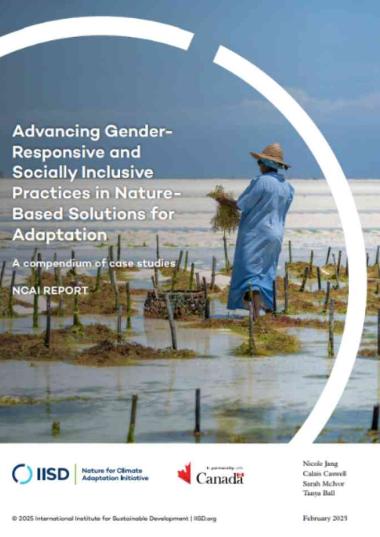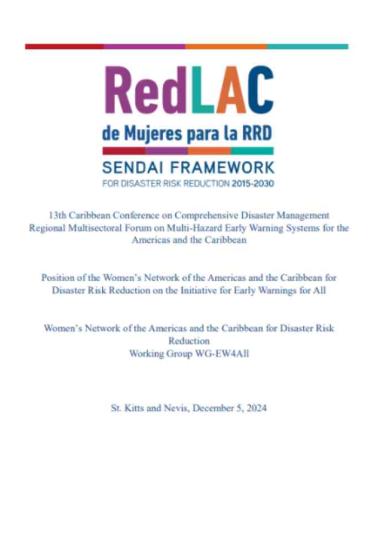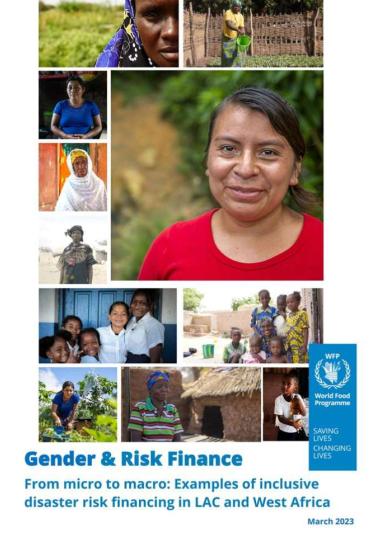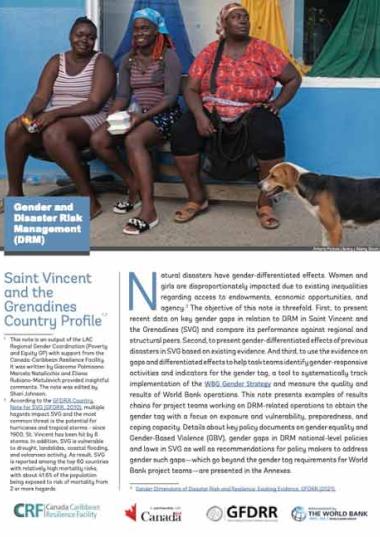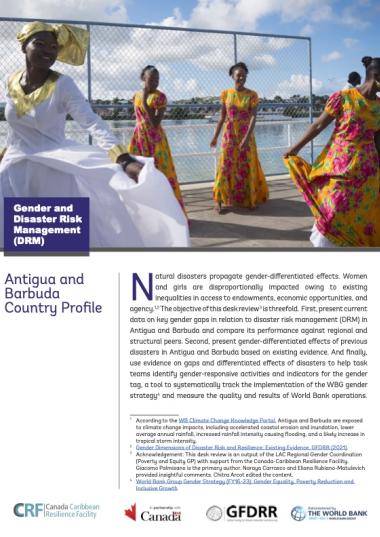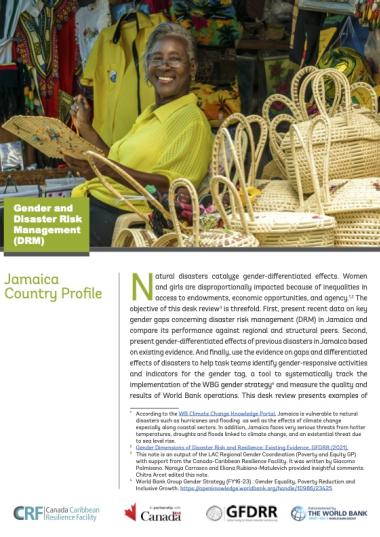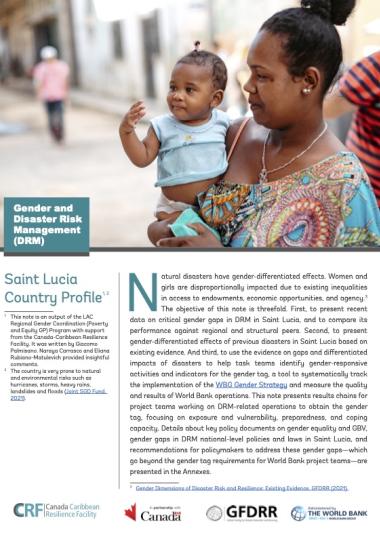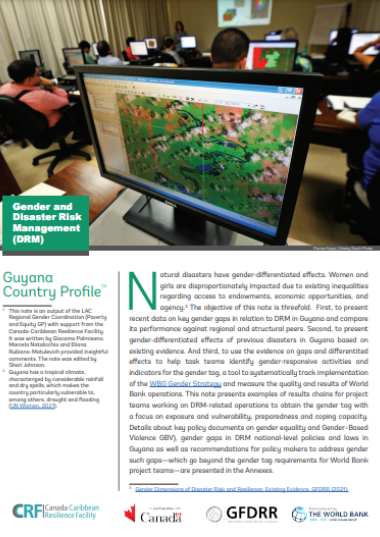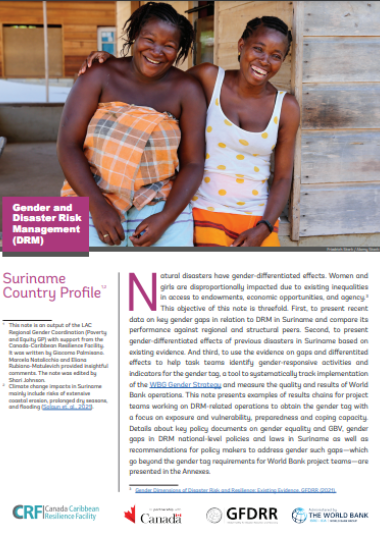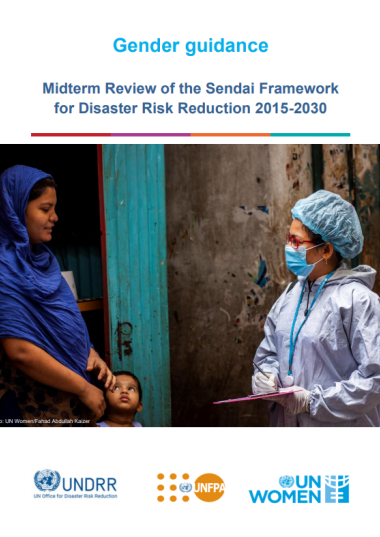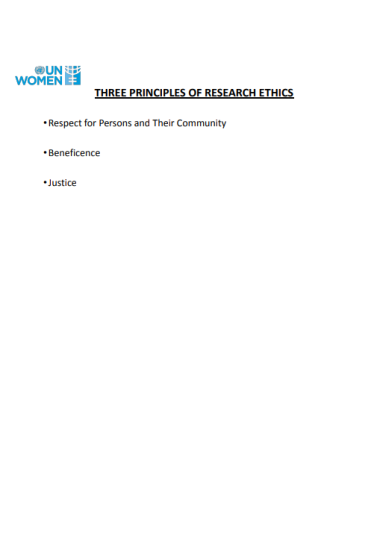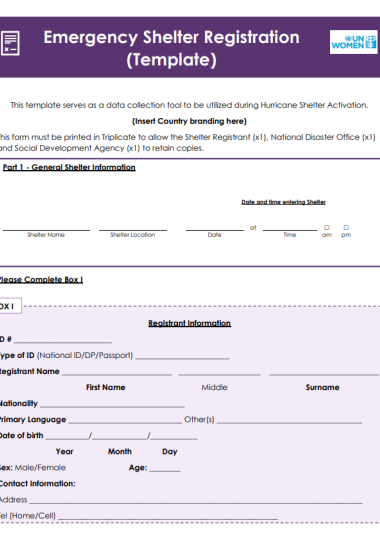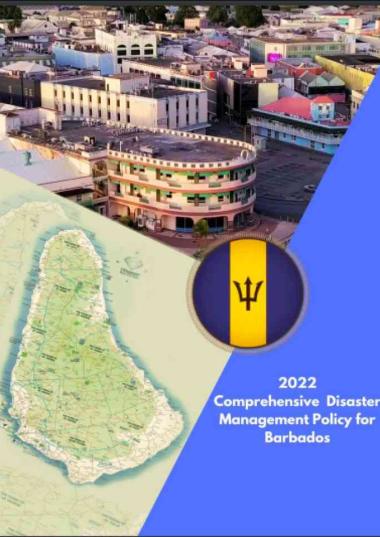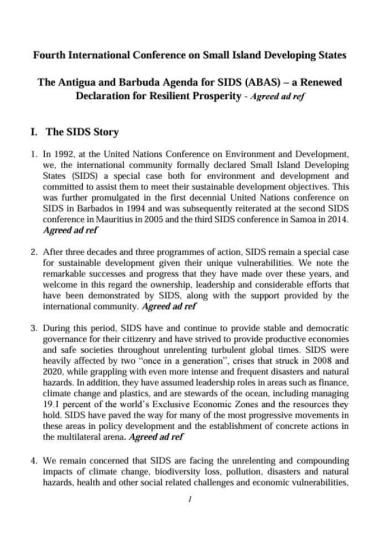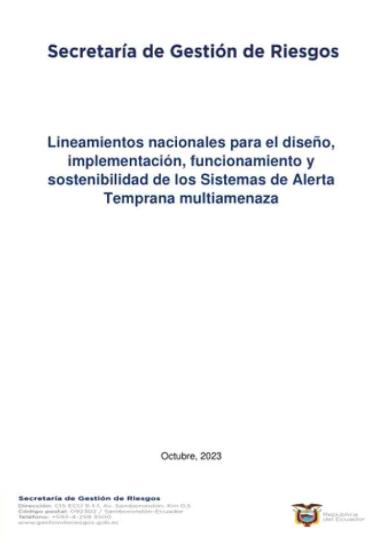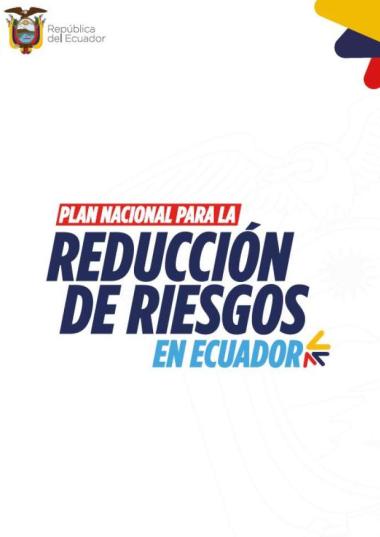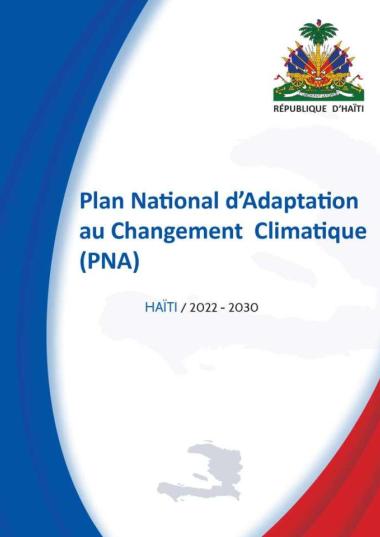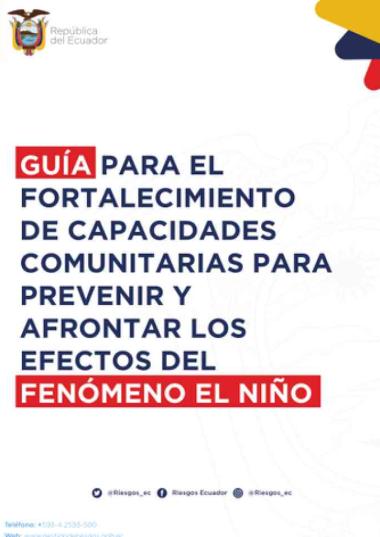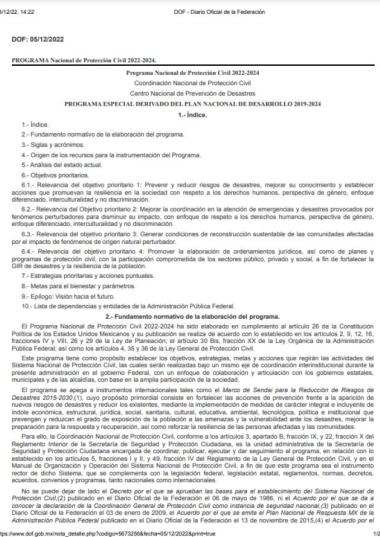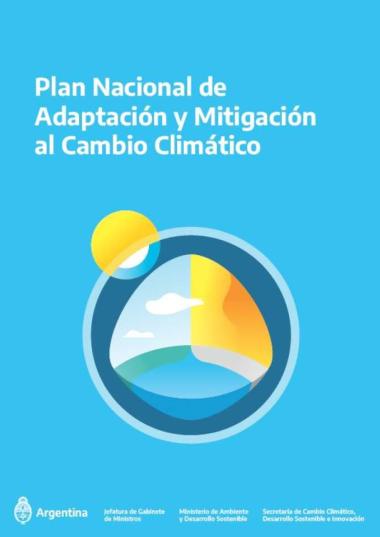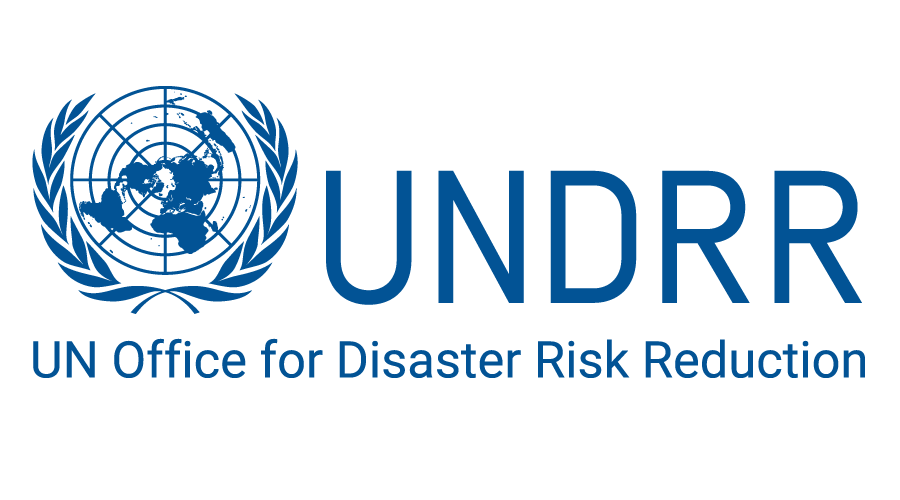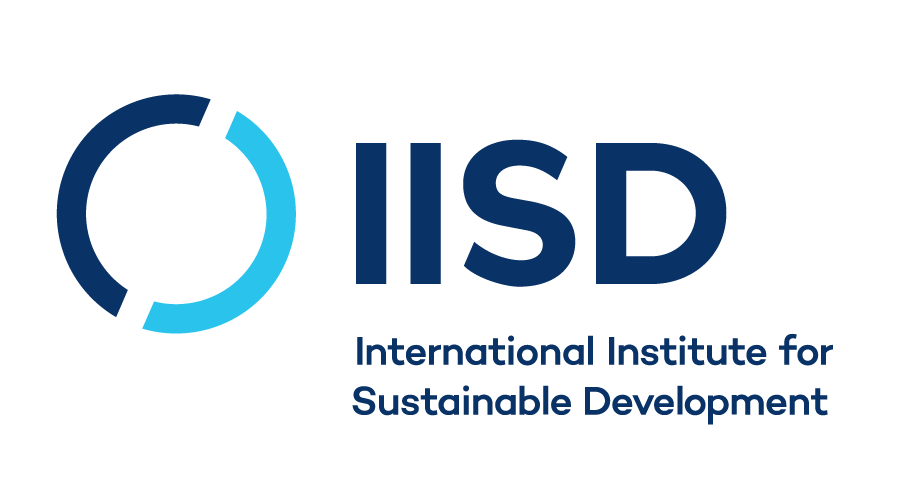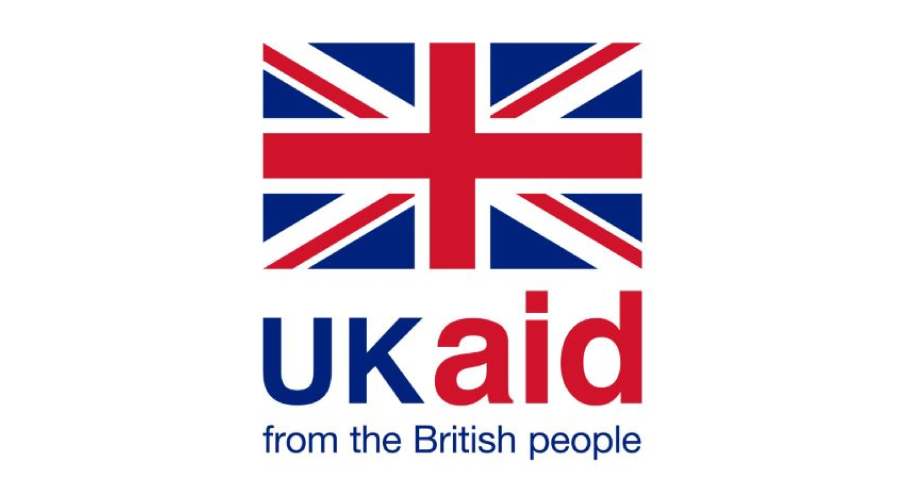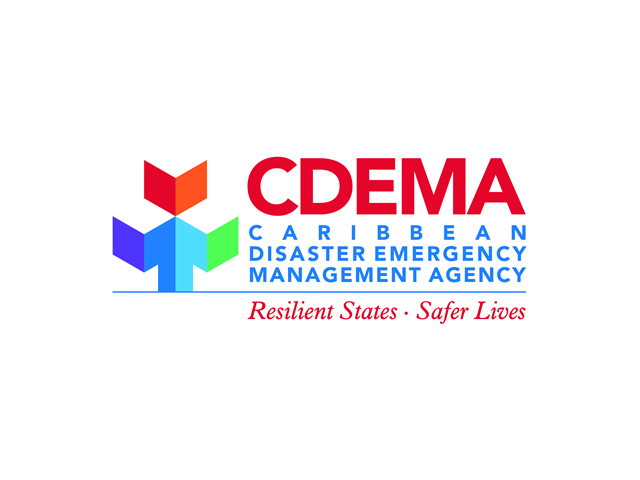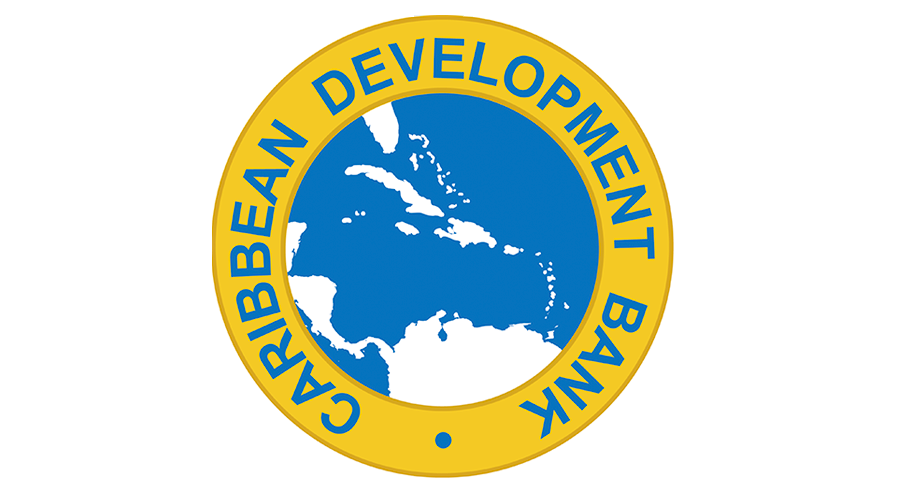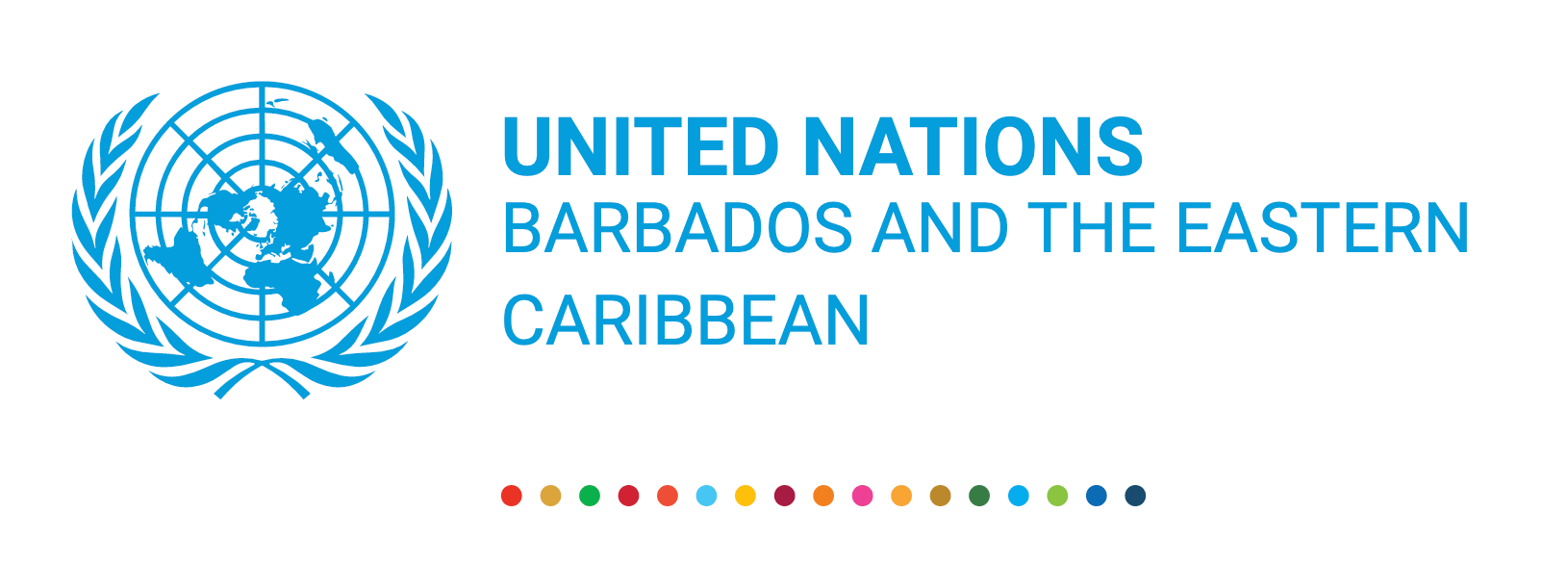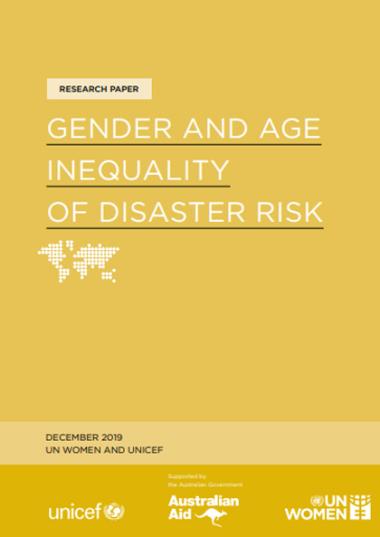
Latin America is one of the regions with the most economic losses caused by climate-related disasters.
These are magnified because risk transfer mechanisms remain underdeveloped. Reforms, investment and budget allocations for disaster risk reduction remain a priority, as well as local strategies that align with corresponding national and regional strategies.
Rural women and girls are particularly vulnerable due to their lack of influence in decision-making, financial control within their households, and limited access to financial services, healthcare, and education. The recent hurricanes Eta and Iota (2020) in Central America demonstrated the significant challenges women face in obtaining timely and vital information, as well as adequate protection and support in the aftermath of a crisis. Furthermore, women who advocate for environmental causes are subjected to increased violence and danger, in a region with the highest incidence of violence against environmental defenders.
Climate change is expected to have several medium-term impacts in the region, including desertification, longer and hotter heatwaves, irregular or extreme rainfall patterns, an increase in the frequency and intensity of tropical cyclones, and the intensification of the La Niña and El Niño phenomena. Coastal communities will also be at risk due to rising sea levels, particularly in small and medium-sized urban areas which are home to around 340 million people and are experiencing rapid growth. It is estimated that by 2050, 17 million people may be displaced because of climate change.
UN Women aims to address high and unequal risk exposure of women and girls to the impact of climate-related hazards and the detrimental effect this has on their levels of resilience as individuals, as well as those of their households and wider communities, through supporting the collection and use of gender-responsive data, integrating the gender perspective into national and community DRR planning, policy-making and budgeting and promoting gender-responsive prevention, preparedness and recovery from disasters, as well as promoting women´s leadership in community resilience platforms and national and regional spaces. Notably, UN Women is a co-creator of the Latin America and Caribbean (LAC) Women's Network for DRR.
